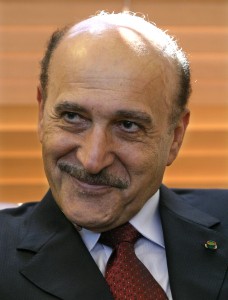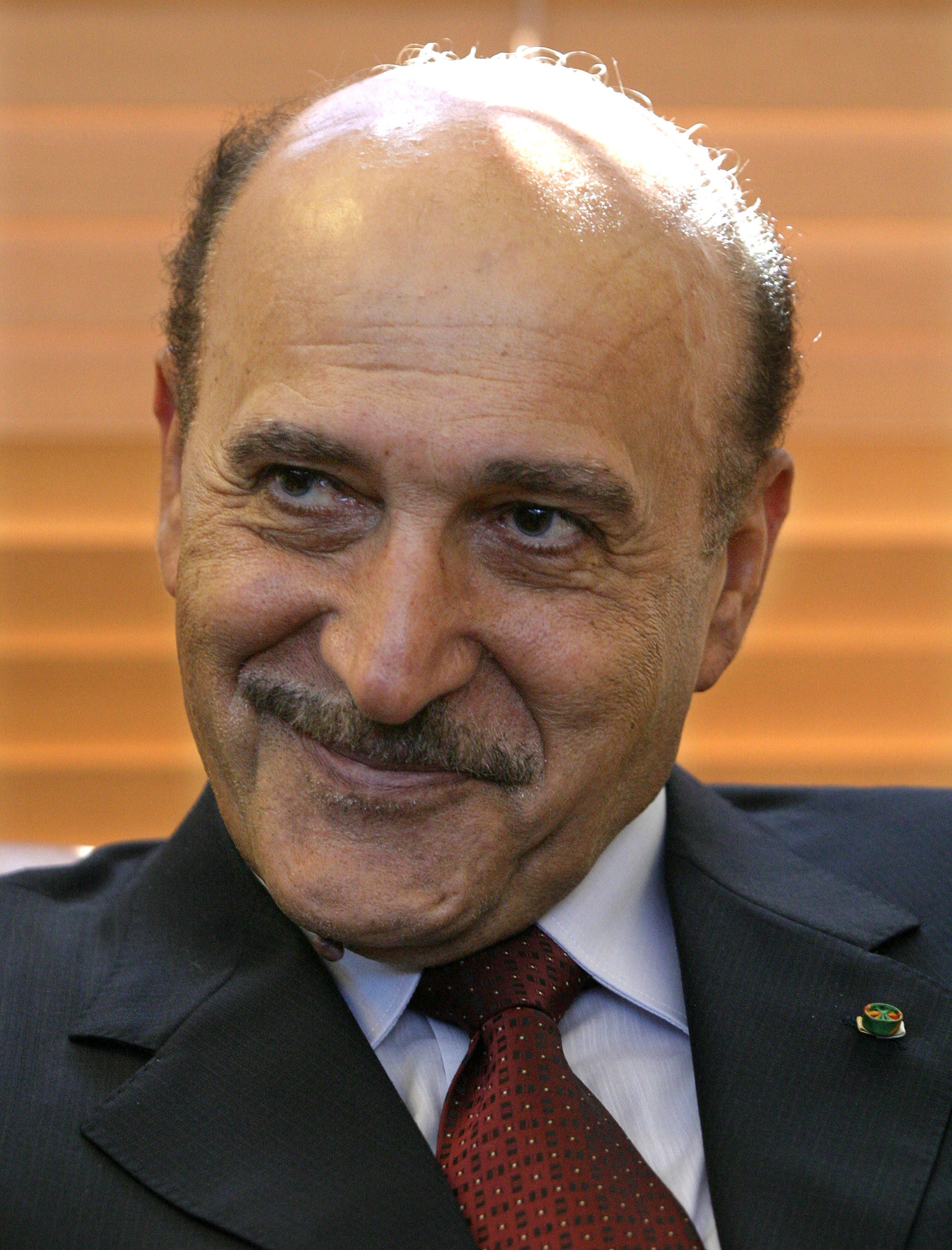
Omar Suleiman, stalwart of former President Hosni Mubarak’s regime, died early morning today in the United States at the age of 76, MENA state news agency reported. At the time of his death Suleiman was undergoing a medical check-up in a Cleveland hospital.
Suleiman was Egypt’s top spy chief, heading the General Intelligence Directorate for 18 years before Mubarak appointed him as his first and only vice president after wide scale protests calling for his ouster in January 2011.
It was Suleiman who announced Mubarak’s resignation on February 11, making the brief worldwide, but historic statement.
The former intelligence chief tried to run for president earlier this year but the Presidential Elections Committee disqualified him citing faulty nomination forms.
According to MENA, Suleiman developed a lung disease shortly after, which then led to heart problems. His health had deteriorated further in the past few weeks, the state news agency added.
“He was fine. It came suddenly while he was having medical tests in Cleveland,” his aide, Hussein Kamal, told Reuters.
An Egyptian embassy official in the United States announced that Suleiman’s body would be returned to Egypt within 24 hours and that he would be receiving a military funeral.
The idea was not welcomed by activist on twitter, who immediately started a hashtag rejecting a military funeral for Suleiman.
The former vice president was notorious for his employment of torture during his tenure as intelligence chief and according to wiki leaks cables his even sat in on, and participated in, torture sessions.
When asked by US officials to provide DNA samples of Al-Qaeda leader Ayman El-Zawahri’s brother, who is being held prisoner in Egypt, Suleiman was famously reported to have said he could send the US the man’s arm.
Suleiman was also one of the most influential participators in the US’s extra rendition program. The US would send terror suspects to “friendly” countries like Egypt for interrogation, largely involving torture.
As intelligence chief, Suleiman was tasked with handling Egypt’s top foreign policy files, traditionally the domain of the Foreign Ministry; such was Mubarak’s trust in him.
He handled the Ethiopia and Nile basin countries portfolio, the Palestinian reconciliation case, and the Sudanese split issue. Suleiman also handled all communications with Israel and was viewed favourably by the Israeli government.




